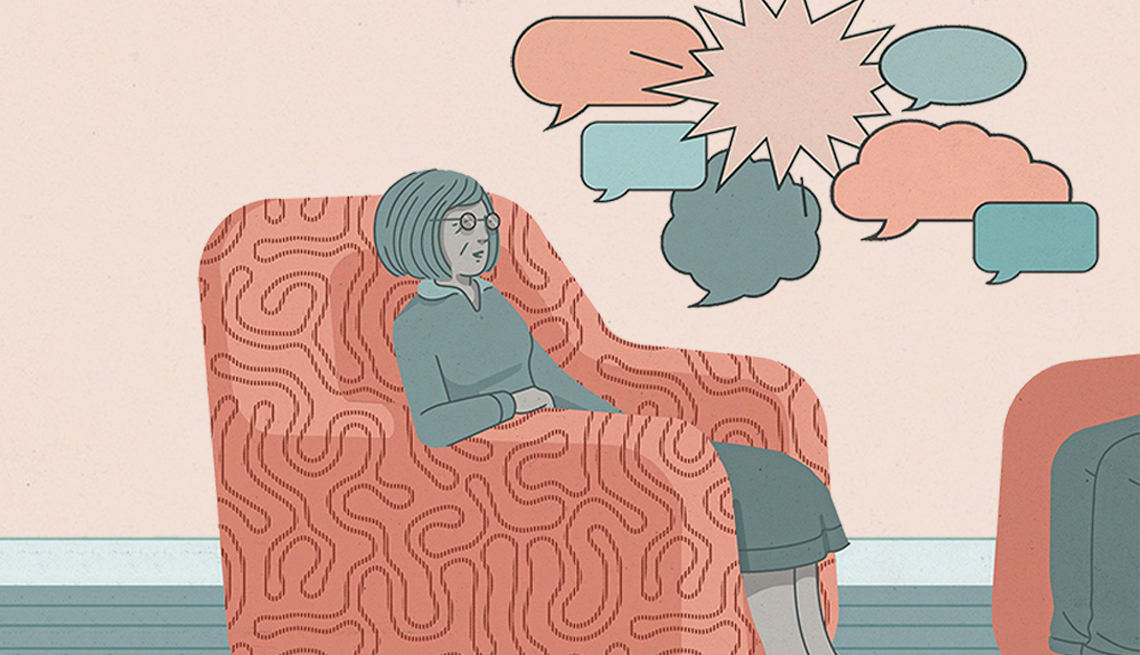Staying Fit
The man who coined the term “ageism” back in the 1960s wasn't a sociologist or a politician. He was a psychiatrist named Robert Butler. Yet more than half a century later, age discrimination is still a serious problem in our field: Nearly 20 percent of our older-adult population suffers from one or more mental health and/or substance use conditions, but mental health services account for less than 4 percent of Medicare expenditures. As a geriatric psychiatrist, I see how the field of mental health is failing our older population. It's an issue we should all be aware of.
Why therapy is in short supply
Unfortunately, there are relatively few therapists (such as psychiatrists, psychologists or social workers) with the interest, training and experience to work with older adults. The supply of mental health professionals trained in geriatrics is so woefully inadequate that the National Academy of Medicine predicts we'll never catch up.


AARP Membership— $12 for your first year when you sign up for Automatic Renewal
Get instant access to members-only products and hundreds of discounts, a free second membership, and a subscription to AARP the Magazine.
Yet the need for such services is pressing. One study found that as many as 1 in 10 people older than 60 may suffer a bout of major depression, but as many as 90 percent do not get proper treatment. Those who receive any treatment at all are usually prescribed antidepressant medication by their primary care provider, not by a psychiatrist. Talk therapy is rarely in the conversation.
There are a number of reasons why we're in this position — all one form or another of ageism — but an insidious factor is a long-standing, misguided belief that people become too old to change. (Even Sigmund Freud, the father of psychoanalysis, believed that people stop developing after age 50.)
If health care professionals don't think therapy will help, then it's no surprise that much of the general population holds the same prejudice. One study of people ages 60 to 79 found that the greatest barrier to seeking help was the belief that a decline in mental health was a normal part of aging. (It's not.)



































































